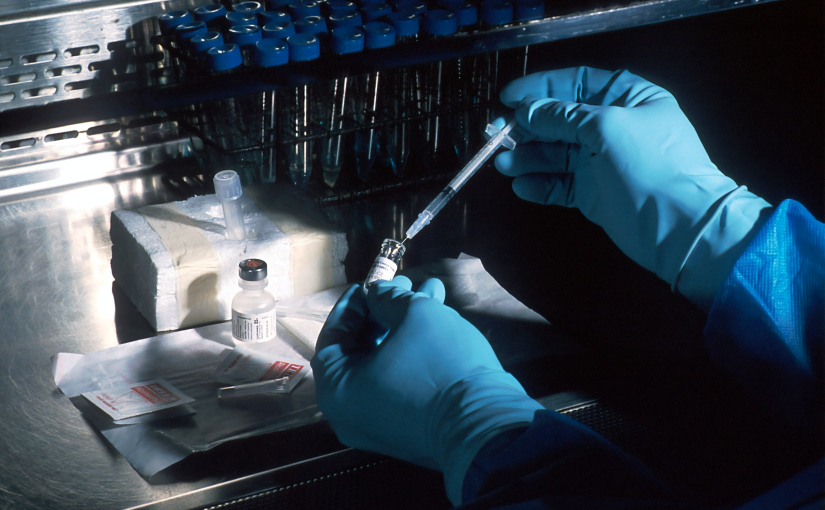It’s Not Just Me, It’s Also You: How Shared DNA Complicates Consent
By Ethan Magistro — With just a sample of your DNA, you, your immediate family members, and many other distant relatives can be identified. Your genetic information can be used to determine you and your families’ insurance policies, expose medical conditions you didn’t even know you had, and, in the worst case, be used to identify and arrest someone you may be distantly related to. The deoxyribose nucleic acid (DNA) contained within every cell of our bodies holds intimate details about each of us. Yet when users send sample DNA to direct-to-consumer (DTC) testing kit companies, only their consent is needed to share information that belongs to many of their family members. Because of this, I argue we should drastically rethink our understanding of DNA. Rather than conceptualizing DNA as analogous to other types of private property that can be traded with individual consent, DNA trade should require the shared consent of family members. The difficulty in obtaining that consent points to a colossal need for the development of genetic privacy laws.
